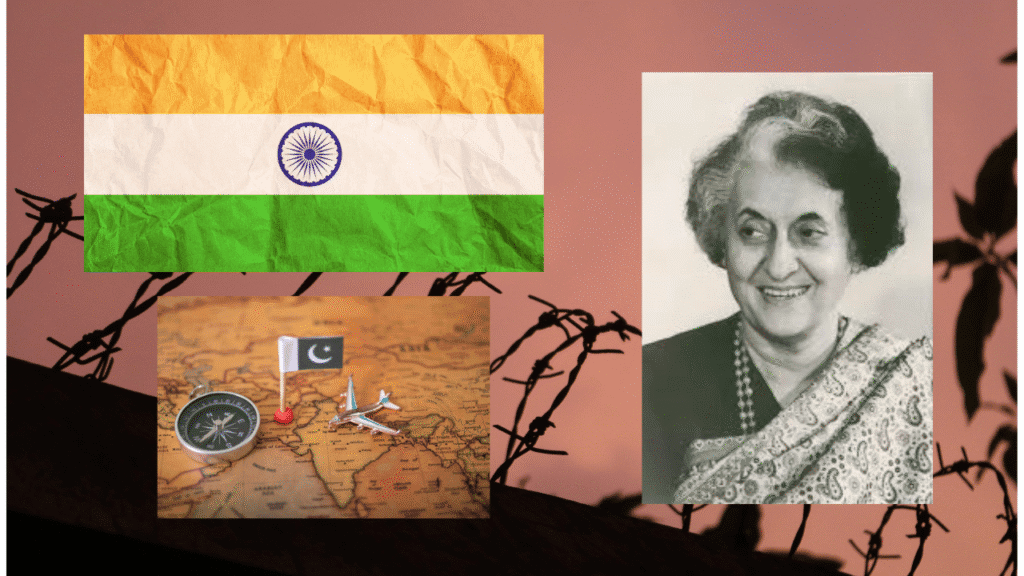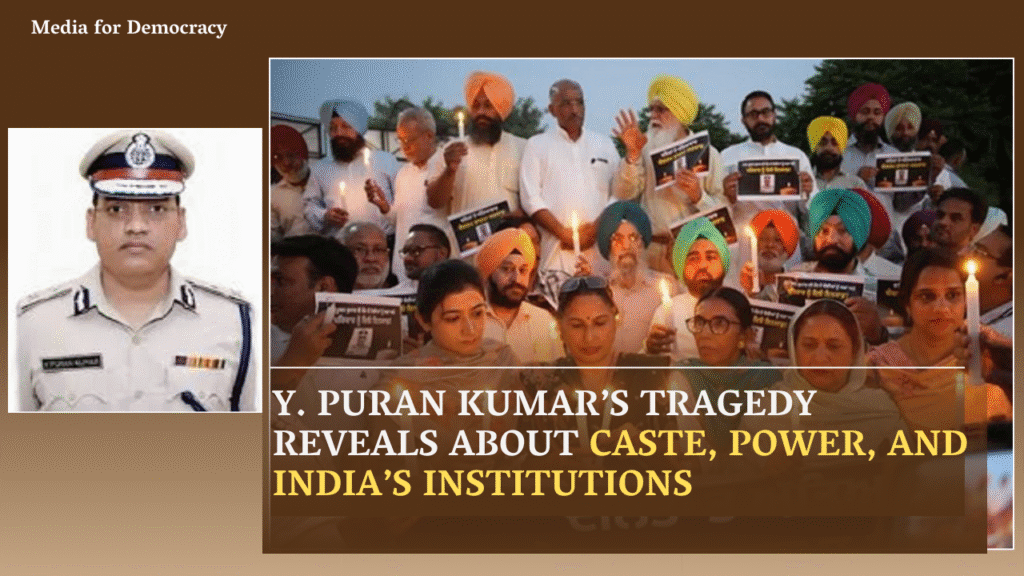The 1971 India-Pakistan War stands as a pivotal moment in South Asian history, not only for the dramatic creation of Bangladesh but also for the decisive leadership displayed by then Prime Minister Indira Gandhi. As the subcontinent reeled from the humanitarian crisis in East Pakistan, Gandhi’s actions shaped the outcome of the war and redefined India’s role on the world stage.
A Humanitarian Crisis Ignites a Regional Conflict
The seeds of conflict were sown by the brutal crackdown of the Pakistani military on Bengali nationalists in East Pakistan. The violence triggered a massive refugee crisis, with millions fleeing into India’s border states, overwhelming resources and stoking fears of instability. Indira Gandhi recognized that India could not remain a passive observer to the suffering unfolding at its doorstep.
Strategic Patience and Calculated Diplomacy
Gandhi’s approach was marked by a blend of strategic patience and diplomatic activism. She provided sanctuary to the exiled Bangladeshi leadership and allowed the provisional government to operate from Kolkata, while the Indian government, through its intelligence agencies, trained and armed the Mukti Bahini resistance fighters. At the same time, Gandhi launched a global diplomatic campaign, writing to world leaders and highlighting the humanitarian catastrophe, even as major powers like the United States remained silent or sided with Pakistan.
From Reluctance to Decisive Action
While her cabinet initially pushed for immediate military intervention, Gandhi heeded the advice of her generals to wait for the right moment, ensuring that India’s armed forces were fully prepared. The war began in earnest only after Pakistan’s preemptive air strikes on Indian bases on December 3, 1971, which Gandhi swiftly interpreted as an act of war. India responded with a coordinated military campaign on both the eastern and western fronts, rapidly advancing towards Dhaka with the support of the Mukti Bahini.
Victory and the Birth of Bangladesh
In just thirteen days, the Indian military achieved a resounding victory. On December 16, 1971, Pakistani forces in East Pakistan surrendered, and Bangladesh was born as a new nation. The scale of the triumph was unprecedented: over 90,000 Pakistani soldiers were taken prisoner, and the world witnessed the largest military surrender since World War II.
A Lasting Legacy-And Debate
Indira Gandhi’s role in the war has been lauded as her finest hour. She is credited with providing courage and shelter to millions of refugees, supporting the Bangladeshi cause against enormous odds, and navigating complex diplomatic terrain. Bangladesh itself honored her posthumously with its highest state award for foreigners, recognizing her “unique” contribution to its independence.
Yet, her legacy remains debated. Some critics argue that the creation of Bangladesh introduced new regional tensions, while others question the long-term impact on minorities in the subcontinent. Nevertheless, the overwhelming historical consensus is that Gandhi’s leadership in 1971 was a masterclass in statecraft, combining humanitarian concern, military acumen, and diplomatic finesse.
Leadership in the Crucible of Crisis
The 1971 war and Indira Gandhi’s role in it remind us that history is shaped by those who rise to meet extraordinary challenges with vision and resolve. Her actions not only altered the map of South Asia but also set a benchmark for decisive leadership in the face of adversity. As the subcontinent continues to grapple with its complex legacy, the lessons of 1971-and Gandhi’s example-remain as relevant as ever.


